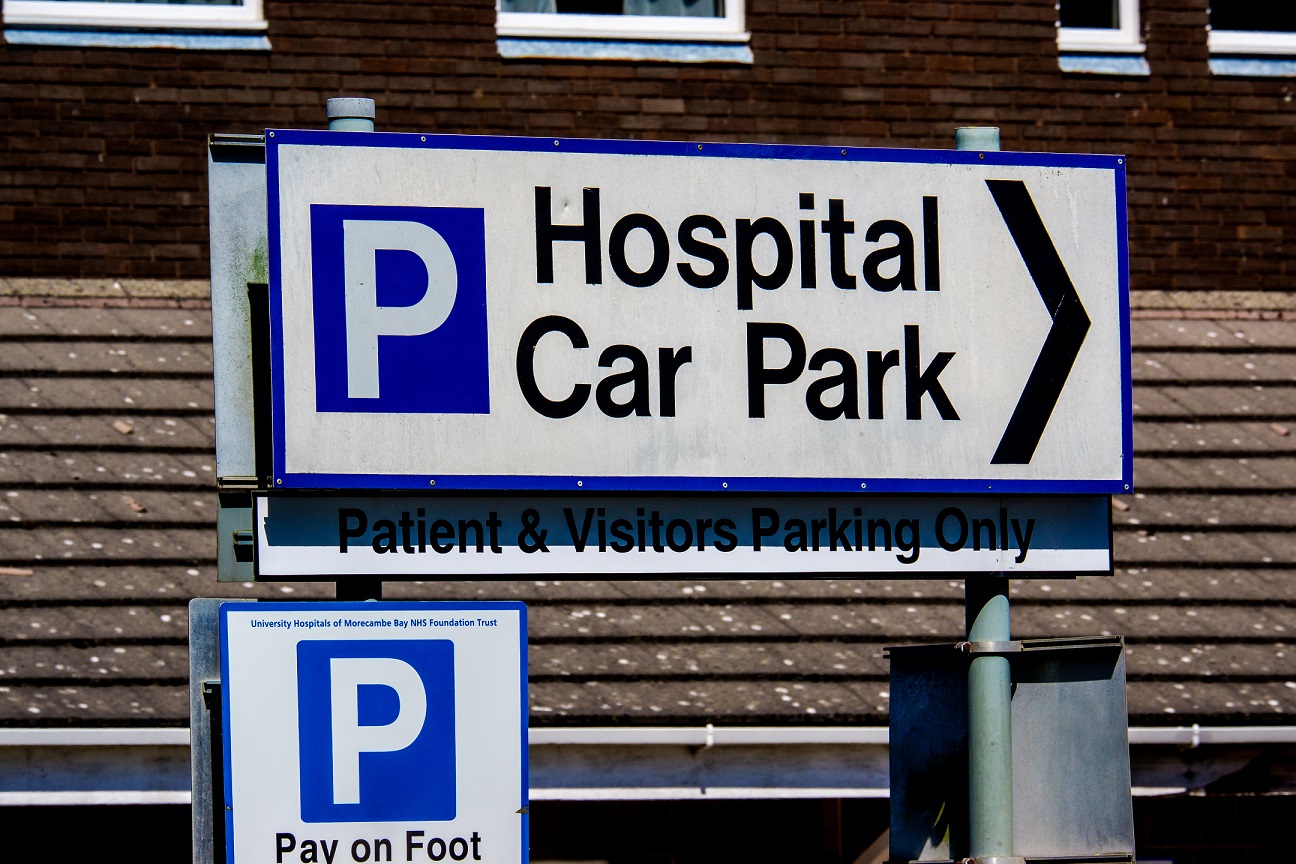

UK Government publish Urgent & Emergency Care Recovery Plan – our response
Today, the UK Government have published an Urgent and Emergency Care Recovery Plan, which aims to to recover urgent and emergency care services, reduce waiting times, and improve patient experience.
Anna Jewell, our Director of Support, Research and Influencing, said:
“It’s positive to see the publication of the government’s Urgent and Emergency Care Recovery Plan this week, although the plan itself lacks the ambition to make much-needed changes for the 40% of people with pancreatic cancer who are diagnosed in an emergency setting.
Pressure on this part of the NHS has reached crisis levels, and action is desperately needed.
If you are already being diagnosed so late that your cancer care is an emergency, everything from that point onwards needs to happen smoothly – further delays are deadly.
We welcome the plan’s commitment to expanding ‘virtual wards’ and same day emergency care units, as these have the potential, if properly staffed and designed, to provide much-needed additional care and monitoring for people with pancreatic cancer.
We’re concerned to see, however, that the plan lacks mention of funding to increase the workforce who will be delivering these key roles, such as paramedics and hospital staff. Without addressing the workforce crisis in these areas, we will not see care improve and expand in the way that is needed.
If you are already being diagnosed so late that your cancer care is an emergency, everything from that point onwards needs to happen smoothly – further delays are deadly.
We also need to see more detail on how community support for people receiving end-of-life care will be improved. The plan’s ambition to speed up discharge in order to free up hospital beds risks leaving palliative pancreatic cancer patients without the support they need and trapping them in an endless and cruel cycle of discharge, deterioration, and re-admission to hospital.
Ultimately, we need to ensure that people with pancreatic cancer are diagnosed earlier so that they never have to face an emergency diagnosis in the first place.
We’ll keep pushing for improved diagnostic pathways, better treatment and increased research funding until unacceptably late diagnosis for people with pancreatic cancer is a thing of the past.”

